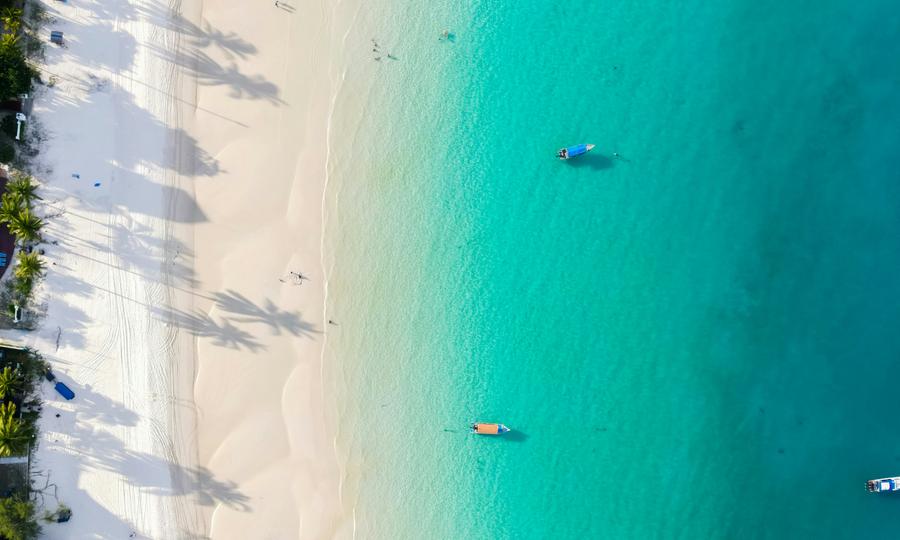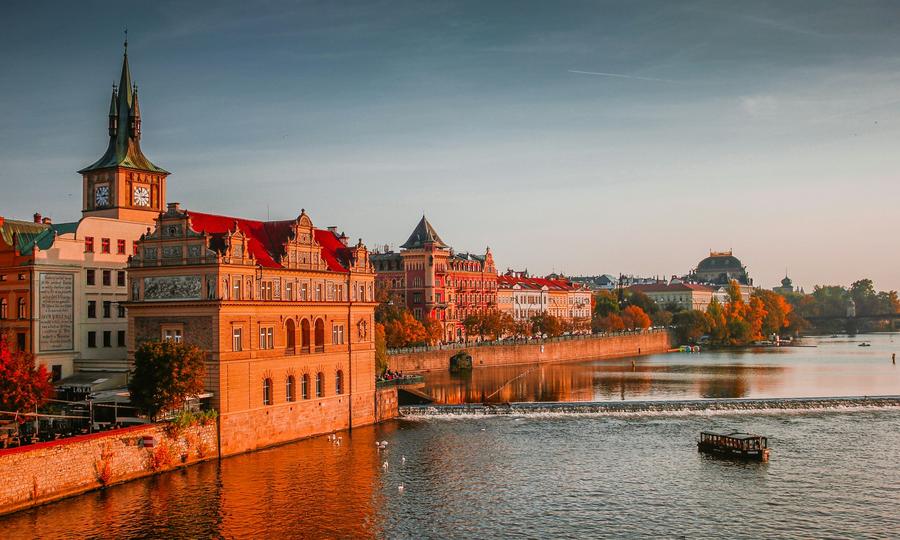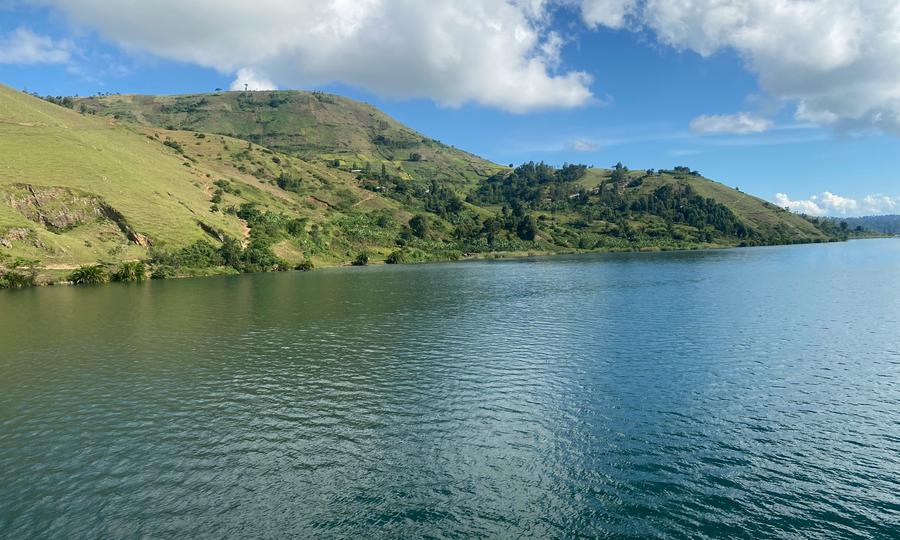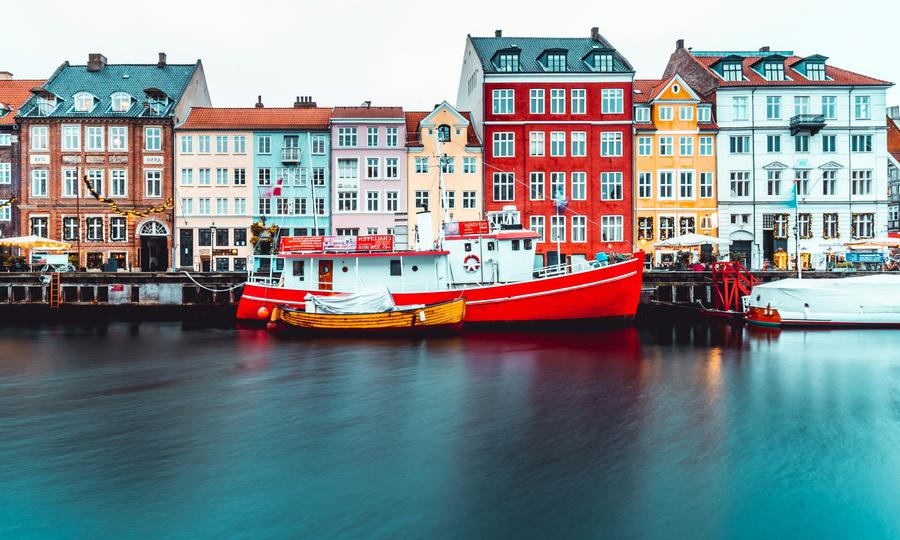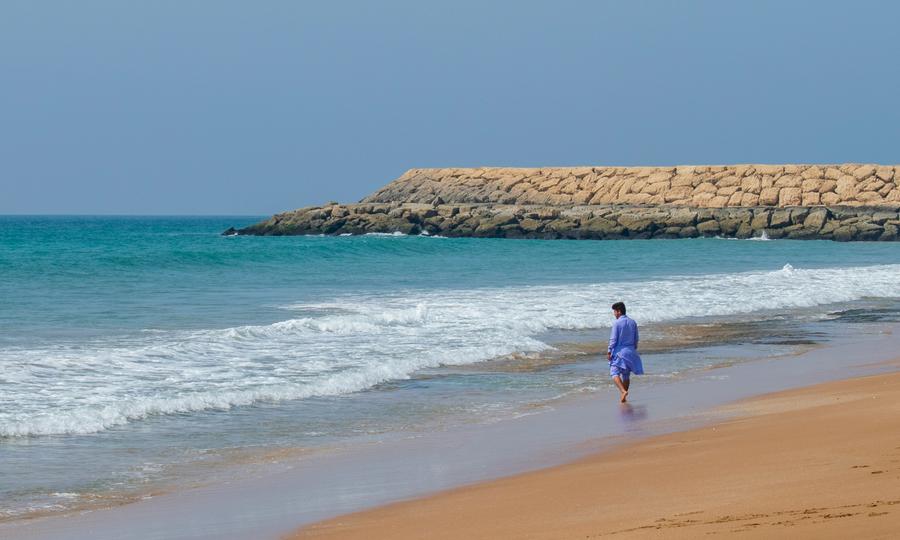Introduction
Malaysia, a Southeast Asian nation known for its tropical beaches, diverse cultures, and rich heritage, attracts travelers from around the globe. This comprehensive guide delves into the legal stance, cultural considerations, and practical advice for nudists considering a visit to Malaysia.

Legal Stance on Nudism
In Malaysia, public nudity is not explicitly defined under a singular law but is generally addressed under various legal provisions related to public decency and morality. Offenses can be prosecuted under Section 294 of the Penal Code, which penalizes obscene acts in public places, carrying potential fines and imprisonment.
Additionally, local by-laws and Islamic Shariah laws in certain states may impose stricter regulations. While there isn't a specific statute solely dedicated to nudism, authorities have the discretion to interpret and enforce laws against public nudity based on societal norms and public order considerations.
Designated Nudist Beaches
Malaysia does not have any officially designated nudist or clothing-optional beaches. The country's beaches, such as those in Langkawi, Penang, and the Perhentian Islands, are popular tourist destinations but adhere to conventional norms regarding attire. Engaging in nudism on these beaches can lead to misunderstandings or legal issues, as public nudity is generally not accepted.
Guidelines and Etiquette for Nudist Beaches
For travelers interested in naturism, it's essential to understand and respect local customs and laws. In countries where nudist beaches are recognized, general guidelines include:
- Seek Permission: Always ensure that the area permits nudity.
- Respect Privacy: Avoid taking photographs without consent.
- Maintain Decorum: Engage in non-sexual, respectful behavior.
Avoiding Legal Issues
To ensure a respectful and trouble-free visit:
- Stay Informed: Understand local laws and customs.
- Dress Modestly: Even in beach settings, conservative swimwear is recommended.
- Seek Guidance: Consult local authorities or tour operators about acceptable practices.
- Avoid Secluded Areas: Engaging in nudism in isolated spots can still lead to legal issues if discovered.
Cultural Considerations
Malaysia's cultural landscape is deeply rooted in traditional values and religious beliefs. The majority of the population practices Islam, with significant Buddhist, Christian, and Hindu communities. These groups generally uphold conservative views on dress and public behavior.
Traditional societies play a significant role in cultural practices and rites of passage, which have specific customs and rituals. These societies have specific customs and rituals, some of which involve nudity, but they are context-specific and not indicative of general societal acceptance of public nudity.
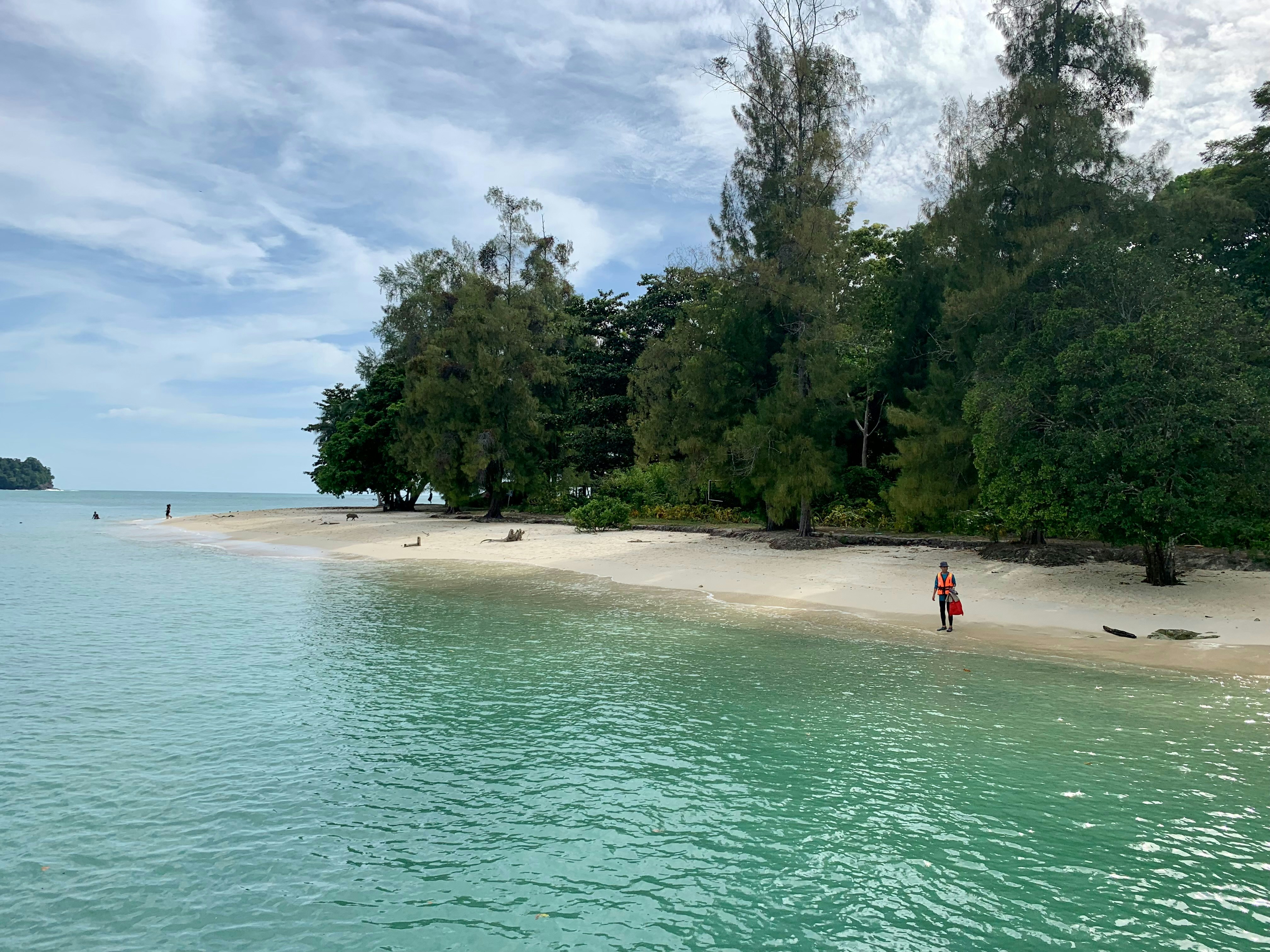
Conclusion
While Malaysia offers breathtaking natural beauty and a rich cultural experience, it is not a destination conducive to nudist practices. The absence of legal provisions for public nudity, combined with strong cultural and religious norms, makes it imperative for travelers to respect local customs.

